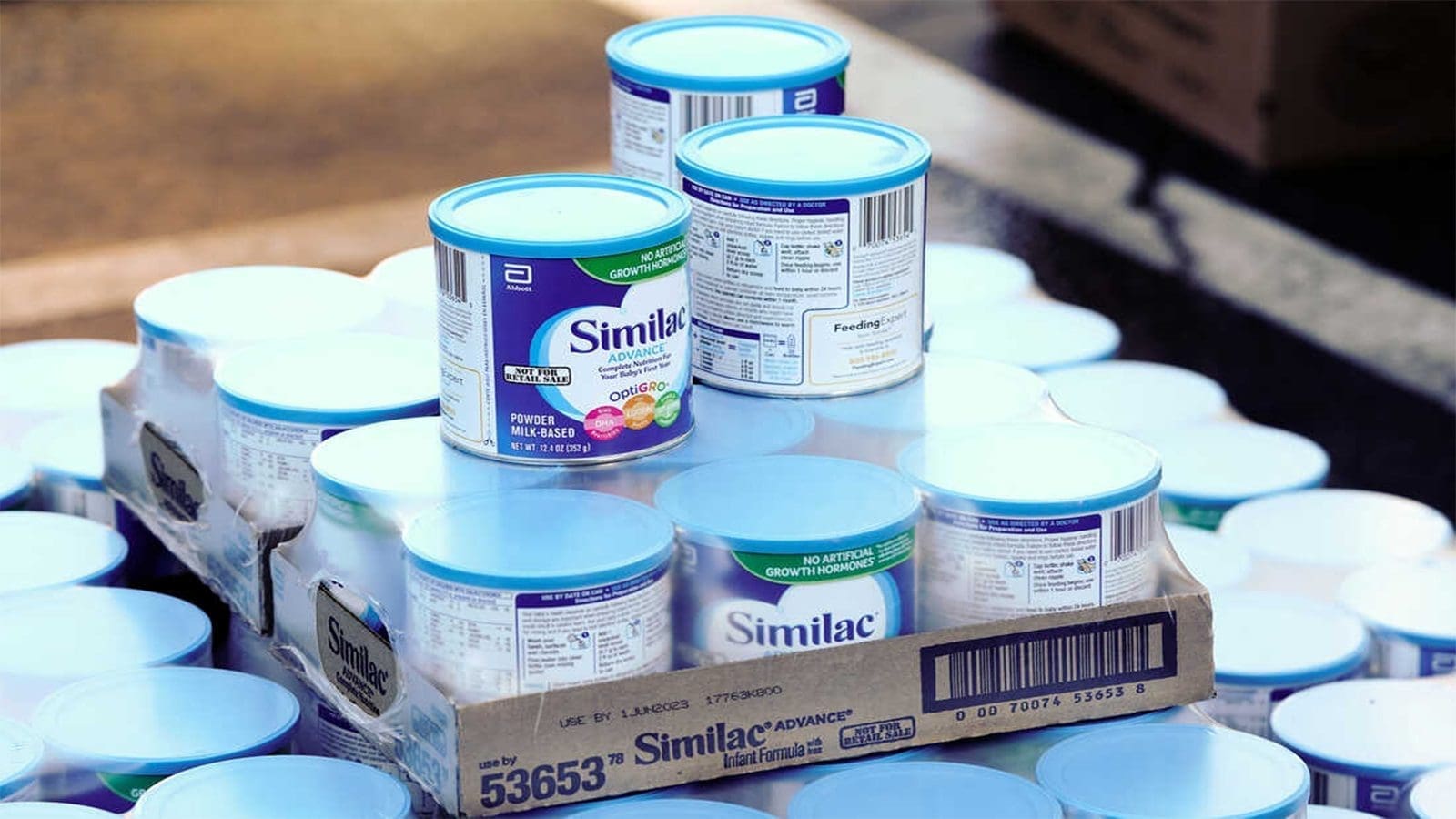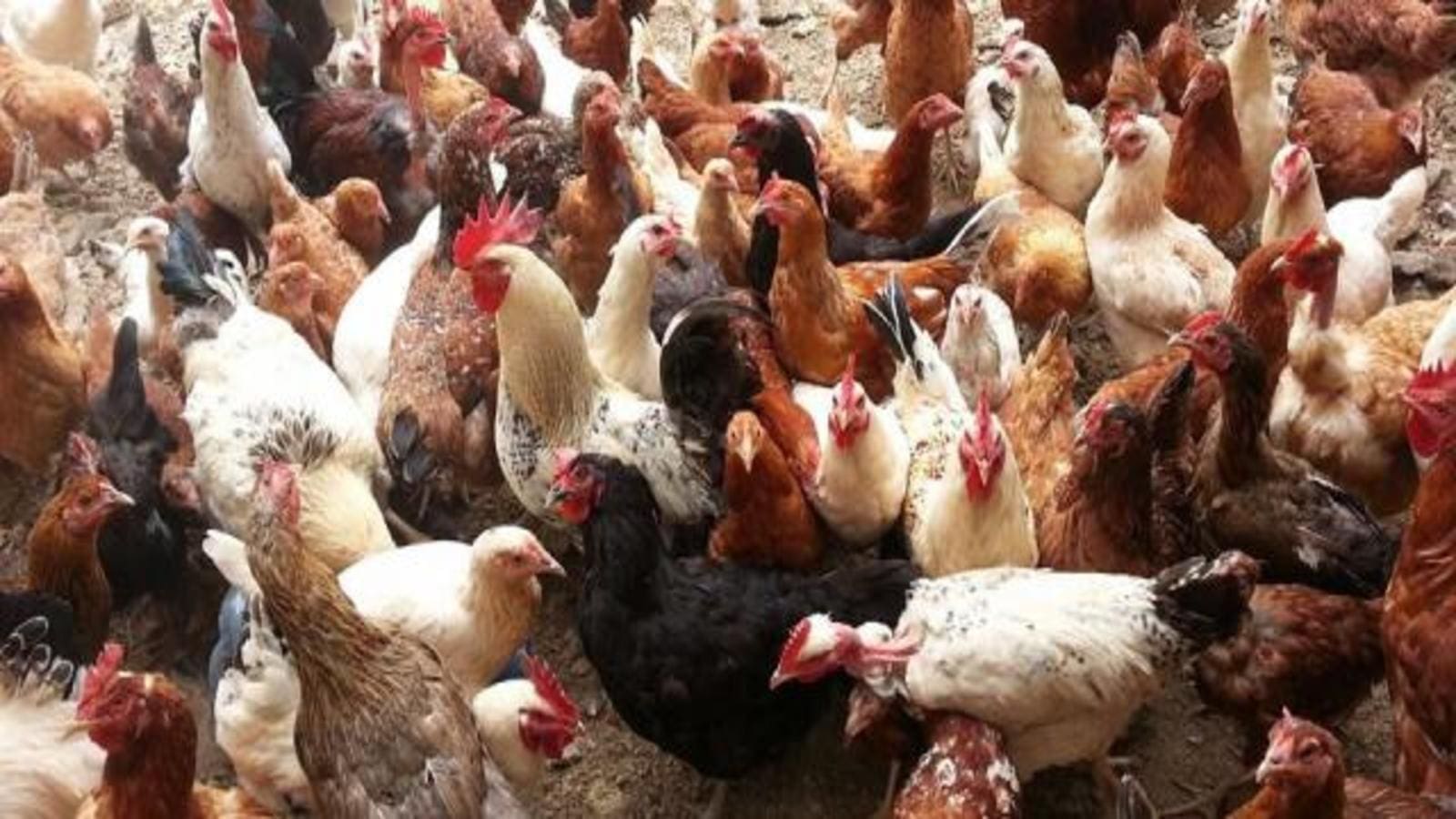U.S – Abbott Nutrition, one of the country’s largest infant formula makers, has agreed to take corrective actions in its Sturgis facility subject to a court approval of a proposed consent decree between the company and the Food and Drug Administration (FDA).
On Feb. 17, FDA cautioned consumers against using certain powdered infant formula products from Abbott Nutrition’s Sturgis, Michigan, infant formula production facility. Abbott voluntarily ceased production at this facility as well as initiated a voluntary recall of certain products.
Recently, a proposed consent decree of permanent injunction between the FDA and Abbott Nutrition, as well as three Abbott principals, was filed in the U.S. District Court for the Western District of Michigan.
Under the proposed consent decree, which is subject to court approval and entry, Abbott has agreed to take corrective actions following an FDA inspection of its Sturgis facility.
“Today’s action means that Abbott Nutrition has agreed to address certain issues that the agency identified at their infant formula production facility in Michigan. The public should rest assured that the agency will do everything possible to continue ensuring that infant and other specialty formulas produced by the company meet the FDA’s safety and quality standards, which American consumers have come to expect and deserve,” said FDA Commissioner Robert M. Califf, M.D.
The proposed consent decree obliges Abbott to take actions that are expected to ultimately result in an increase of infant formula products, while ensuring that the company undertakes certain actions that would ensure safe powdered infant formula is produced at the facility.
When the company decides to restart production at this facility, it must conform with the provisions of the proposed consent decree and meet FDA food safety standards. If contamination is identified, the company must notify the FDA, identify the source of the problem and conduct a root-cause investigation before resuming production.
“We recognize the hardships that parents and caregivers have faced in obtaining infant formula and the FDA is focused on boosting the availability of the country’s supply of these products, including new steps regarding importation.
“ We are also taking a look at the supply of infant formulas developed by manufacturers across the country and around the world to determine if a reallocation of their distribution can be made to help get the right product to the right place, at the right time,” Califf said.
In the complaint, filed by the U.S. Department of Justice on behalf of the FDA, the government alleges that powdered infant formula products manufactured at Abbott Nutrition’s Sturgis facility were adulterated because they were made under insanitary conditions and in violation of current good manufacturing practice requirements.
On Jan. 31, the FDA commenced a for-cause inspection and identified Cronobacter sakazakii, a bacterium that can potentially cause severe foodborne illness primarily in infants, in the facility and observed significant operational deficiencies.
Steps to prevent future incidents
While the agency’s inspection was ongoing, Abbott Nutrition voluntarily recalled certain powdered infant formula products and voluntarily shut down its facility to implement corrective actions that address issues raised by the FDA.
Under the proposed consent decree, Abbott Nutrition will be required to retain an independent expert to review the Sturgis facility’s operations to ensure compliance with the law.
It also includes requirements for testing products, as well as ceasing production, and promptly notifying the FDA should contamination be detected. The proposed consent decree also requires the implementation of a sanitation plan, environmental monitoring plan and employee training programs.
In the meantime, the FDA is also continuing to implement several important steps to improve the supply of infant and specialty formula products in the U.S.
The agency has been in ongoing discussions with all infant formula manufacturers who are reporting that they are all producing at an expanded capacity.
The agency is also looking at ways to mitigate future, potential supply issues including building on work to date with its 21 Forward supply chain continuity system.
It has made requests for new authorities from Congress to allow the FDA to regularly collect important supply data from the broader infant formula industry and is continuing to implement several important steps to improve supply.
Liked this article? Subscribe to Food Safety Africa News, our regular email newsletters with the latest news insights from Africa and the World’s food safety, quality and compliance. SUBSCRIBE HERE








